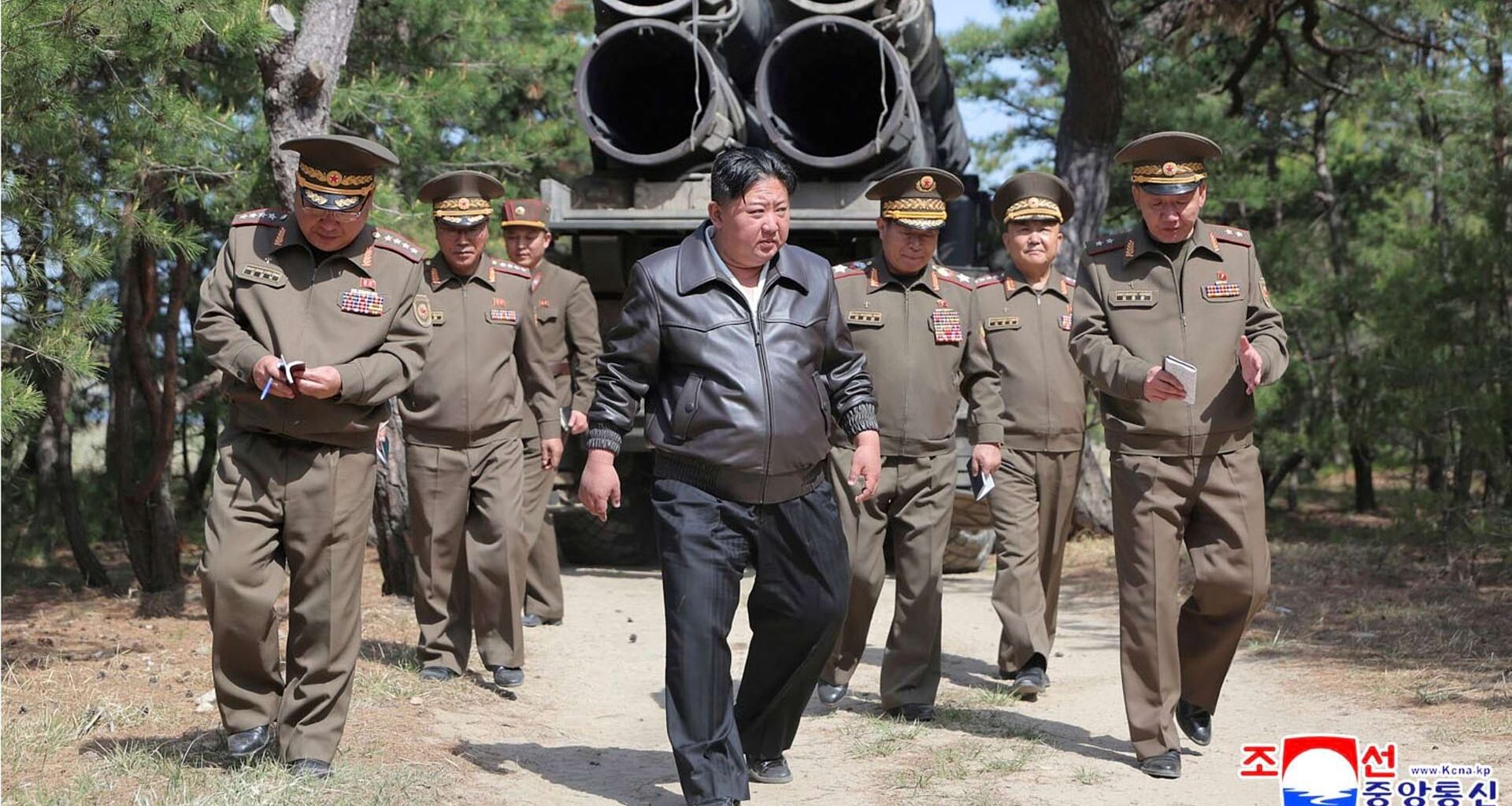Just over year ago, the multinational body established to provide credible, independent analysis and reporting on the implementation of United Nations Security Council sanctions on North Korea was disbanded. Known officially as the UNSC 1718 Sanctions Committee Panel of Experts, the body’s mandate expired in April 2024, after Russia vetoed its renewal the previous month. Since then, the international community’s ability to monitor and constrain one of the world’s most dangerous nuclear threats has been severely limited.
At a moment when the administration of U.S. President Donald Trump is reportedly evaluating opportunities to restart dialogue with North Korea, the panel’s demise is a stark reminder of how much the strategic environment has shifted since Trump’s diplomatic engagements with North Korean leader Kim Jong Un during his first administration.
Back then, international pressure on Pyongyang was arguably at its peak and provided crucial leverage for Trump’s leader-level diplomacy. Today’s world looks much different. The Security Council is paralyzed by geopolitical gridlock. Russia has joined China in actively shielding Pyongyang from international condemnation and sanctions pressure. And North Korea has grown more financially and militarily capable at a time when U.S. alliances are strained.
